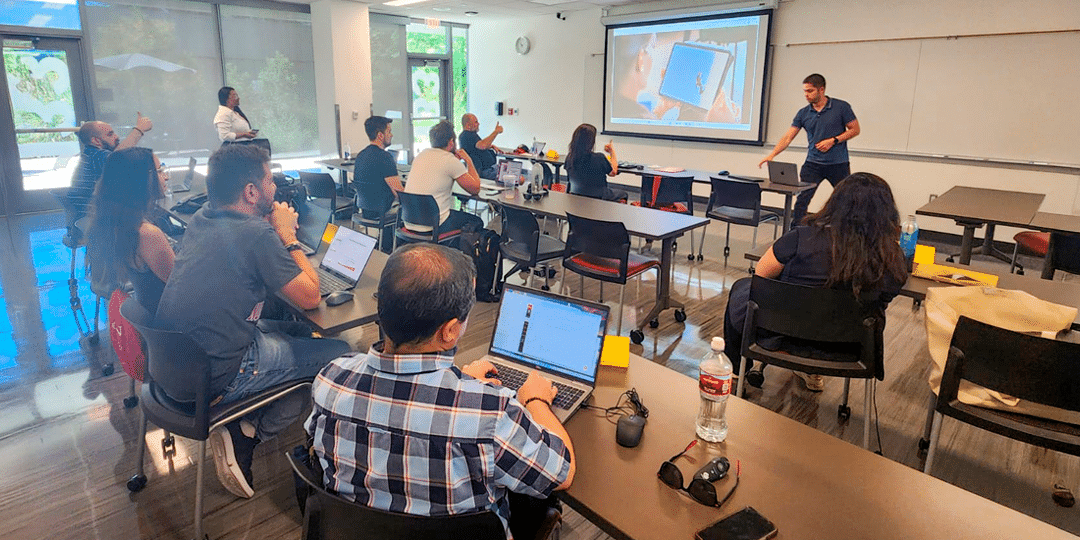Balancing an intense routine of meetings, targets, and deadlines with an international executive education program can seem challenging, right?
Even so, more and more professionals have chosen to invest in this path to broaden competencies, strengthen their careers, and prepare for new global scenarios.
According to the World Economic Forum, by 2025 more than half of workers will need to develop new skills to remain relevant in the market. In this context, a short-term course becomes a strategic opportunity to accelerate development.
The secret lies in balancing professional life and studies, and to help those who dream of an executive study-abroad experience, we’ve gathered some tips that can make all the difference.
1. Planning is essential
It all starts with good organization. Set fixed times for studying, just as you would for work commitments. This discipline ensures you get the most out of the academic content without neglecting your professional responsibilities.
2. Use time-management tools
Being in another country means dealing with intensive classes, company visits, and, at the same time, staying in touch with work demands. Methods such as time blocking or productivity apps help separate time for academic focus from professional tasks.
3. Connect theory and practice
One of the major advantages of short-term courses is the ability to immediately apply what you learn in the classroom to real situations. Relate each concept to the challenges of your job: this makes learning more dynamic and strengthens your professional performance.
4. Invest in networking
Imagine sharing the classroom with professionals from different countries, fields, and cultures. Take advantage of this space to build connections, debate ideas, and expand your network. International networking is one of the greatest assets of an executive program and can open doors to new career opportunities across different markets.
5. Prioritize physical and mental health
A full-time class schedule, combined with company visits and cultural activities, requires a lot of energy. So take care of your physical and mental health: keep healthy habits, exercise, and set aside time to rest. A rested mind learns better.
6. Talk with your company
If you’re already in the workforce, involve your organization in this process. Many companies recognize the value of international executive education and may offer schedule flexibility or even financial support. Showing how this investment delivers results for the company increases your chances of receiving support.
An investment in the future
Taking part in an international program doesn’t just mean learning new content. It means developing a more strategic, global profile prepared for the complexity of today’s world. With discipline and organization, it’s entirely possible to balance study and work and make the most of every second of this journey.
We believe that international executive education is a decisive step toward preparing leaders for the challenges of the future. Explore our programs and take the next step in your career.




